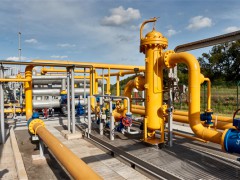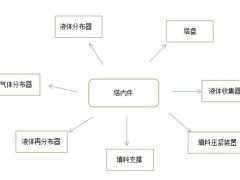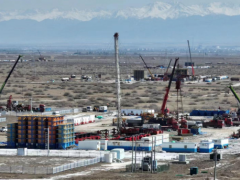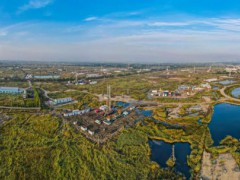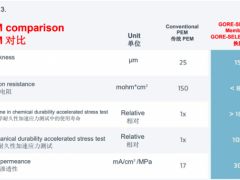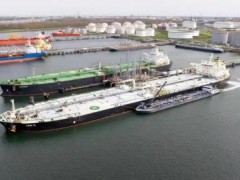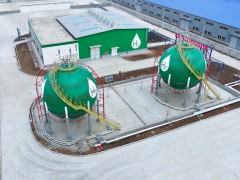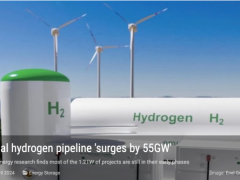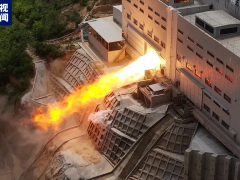据油价网5月30日报道,分析人士表示,欧洲雄心勃勃的绿色能源计划可能会因可再生能源行业缺少熟练工人而受阻,目前该行业的工资仍低于石油和天然气行业。
行业协会表示,欧盟(EU)、英国和美国政府将需要解决新能源岗位熟练劳动力短缺的问题,才能推动向低碳经济的转型。
去年国际能源署(IEA)在一份关于转型技能发展的报告中表示:“随着清洁能源技术的增加部署将进一步推动创造就业机会,当前和未来的工人都需要具备必要的专业知识,以最大限度地从这种增长中获益,并避免因技能和劳动力短缺造成的瓶颈。”
北海沿岸国家的领导人承诺,到2030年,北海海上风电装机容量将达到120吉瓦,到2050年将达到300吉瓦,而目前的装机容量为25吉瓦。
然而,领导人认识到,“海上可再生能源部署的增加正在创造对熟练劳动力的日益增长的需求,以开展相关海上资产的必要规划、建设和运营。对熟练工人的需求是一项地区性挑战。因此,我们将探索在北海地区加强资格认证、再培训和培训的可能性”。
投资本身并不能制造叶片、驾驶船只或运营风力发电场。最重要的是,各国政府必须支持建立必要的技能基础,该协会补充说。
欧盟最近启动了一项大规模的可再生能源技能合作计划,但绿色能源工作与石油和天然气行业工作之间的工资差距仍然有利于传统能源部门。
伦敦经济学院格兰瑟姆研究所(Grantham Research Institute)今年早些时候的一项研究发现,尽管在大多数情况下对技能的要求更高,但可再生能源工作的薪酬并不比高碳工作高,这“对吸引工人从事低碳工作来说是个问题”。
德国就业研究所(Institute for Employment Research)高级研究员马库斯•扬瑟(Markus Janser)在评论技能短缺时向英国《金融时报》表示,“只要这些工作在工资和工作条件方面具有吸引力,我们就不会遇到技能短缺的问题”。
寿琳玲 编译自 油价网
原文如下:
Skills Gap Could Delay Europe’s Energy Transition
Europe’s ambitious green energy plans could be held back by a shortage of skilled workers in the renewables industry, which, generally, still pays lower wages than the oil and gas industry, analysts say.
Governments in the European Union (EU), the UK, and the U.S. will need to address the shortage of skilled workforce for the new energy roles that will drive the transition to lower-carbon economies, trade associations say.
“As increased deployment of clean energy technologies further boosts job creation, both current and future workers will need to be equipped with the requisite expertise to maximise benefits from this growth and to avoid bottlenecks caused by skills and labour shortages,” the International Energy Agency (IEA) said last year in a report on skills development for the transition.
The leaders of the countries on the North Sea pledged a combined 120 gigawatts (GW) of North Sea offshore wind capacity by 2030, and 300 GW in 2050, compared to the current installed capacity of 25 GW.
However, the leaders recognized that “Increased offshore renewables deployment is creating an increasing demand for skilled workforce to carry out the necessary planning, construction and operation of the relevant offshore assets. The need for skilled workers is a regional challenge. We will therefore explore the possibilities of enhanced qualification, reskilling and training across the North Sea regions.”
The WindEurope association said that that the offshore wind workforce in Europe alone needs to grow from 80,000 today to 250,000 by 2030 if the goals are to be met.
“Investments alone don’t manufacture blades, navigate vessels or operate wind farms. Above all, national Governments must support build up the necessary skills base,” the association added.
The EU has recently launched a large-scale renewable energy skills partnership, but the wage gap between green energy jobs and oil and gas industry jobs continues to be in favor of the conventional energy sector.
Despite the higher skill requirements in most cases, jobs in renewables aren’t paying more than high-carbon jobs, which “is problematic for attracting workers into low-carbon jobs,” a study by London School of Economics’ Grantham Research Institute found earlier this year.
Markus Janser, a senior researcher at Germany’s Institute for Employment Research told the Financial Times, commenting on the skill shortages,
“We will have no problems with skills shortages as soon as these jobs are attractive in terms of wages and working conditions.”
免责声明:本网转载自其它媒体的文章及图片,目的在于弘扬石化精神,传递更多石化信息,宣传国家石化产业政策,展示国家石化产业形象,参与国际石化产业舆论竞争,提高国际石化产业话语权,并不代表本网赞同其观点和对其真实性负责,在此我们谨向原作者和原媒体致以崇高敬意。如果您认为本站文章及图片侵犯了您的版权,请与我们联系,我们将第一时间删除。

